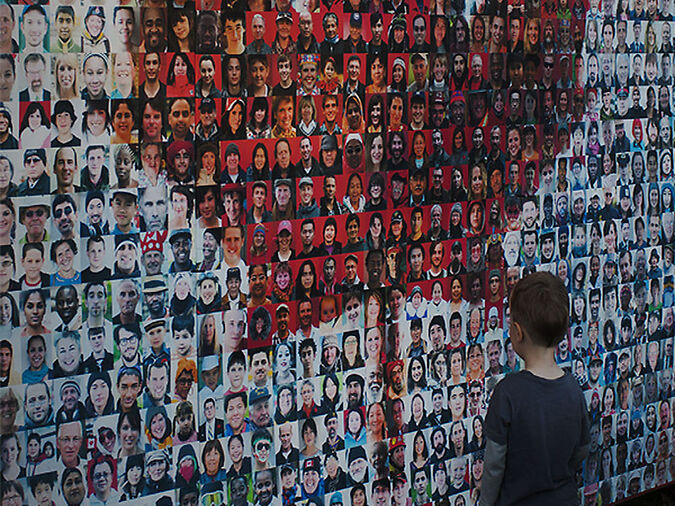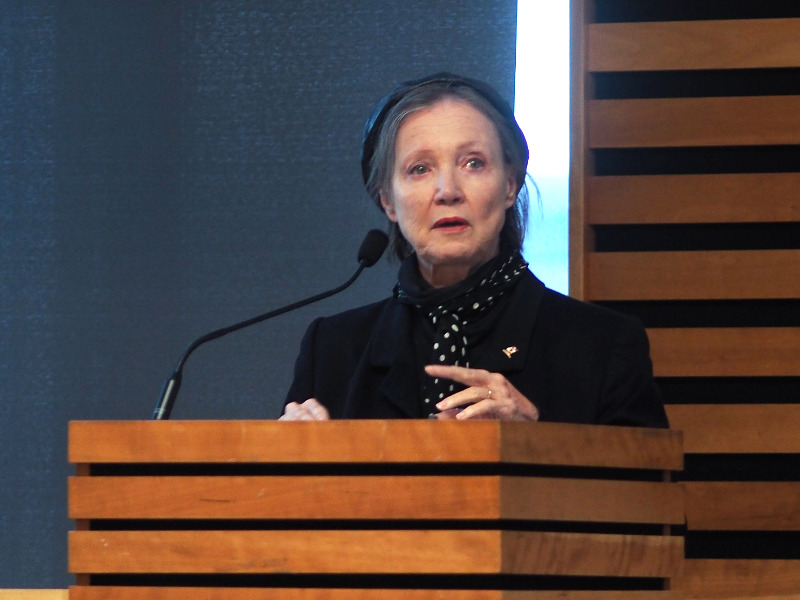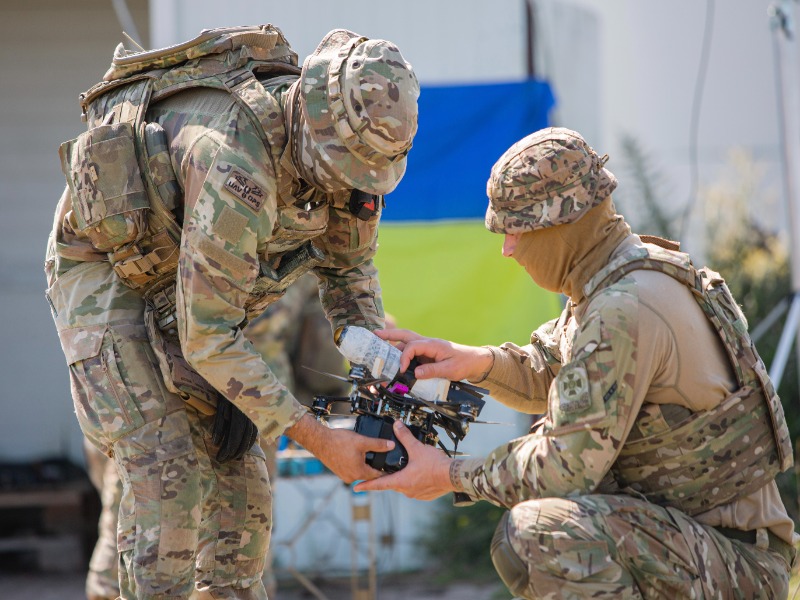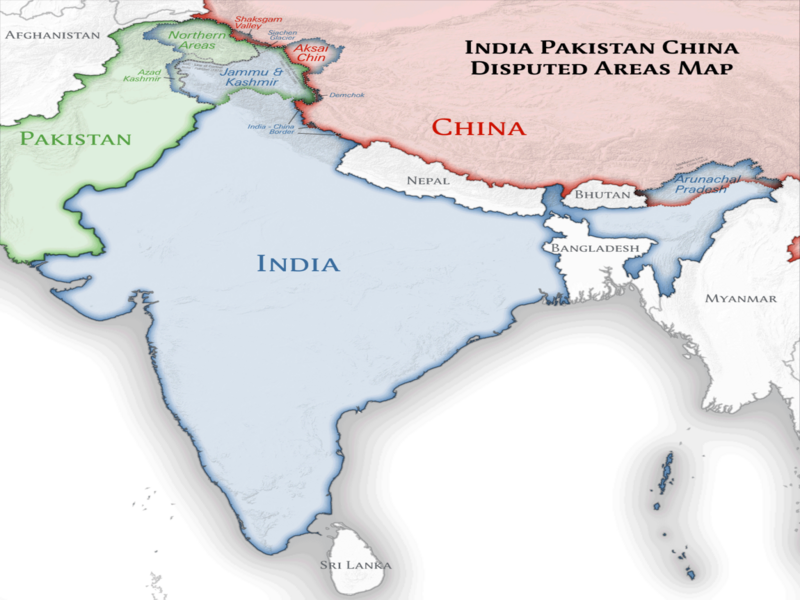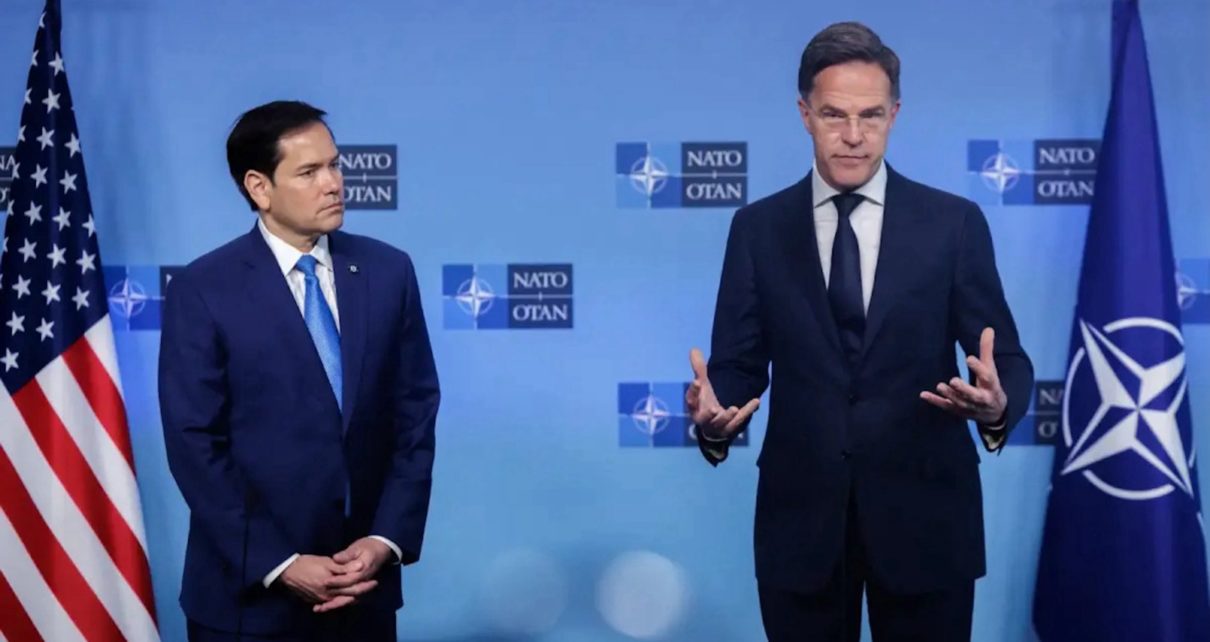In the weeks leading up to the NATO Summit in The Hague taking place from June 24th–25th, Canada has found itself at the centre of multiple international conversations. Coming off the heels of the G7 summit in Kananaskis, where Prime Minister Mark Carney pledged an extra $2 billion in aid to Ukraine and promised to hit NATO’s 2% defence spending benchmark by Read More…
Articles
Misinformation and the Asian-Canadian Experience
Misinformation, disinformation, and malinformation (MDM) have long shaped public understanding and state policy, particularly when it comes to racialized and immigrant communities. For Asian Canadians, these false narratives are not a new phenomenon—they are deeply rooted in a colonial framework that defined Asia and its peoples through a lens of Orientalism. Coined by scholar Edward Read More…
Polar Promises: How Canada and NATO Can Defend the Arctic
Canada is seeing rising tensions on its southern border. While calls from the current US administration to make Canada the 51st state draw the public’s attention, there is another border that has seemed to slip the minds of most Canadians: the Arctic. Canada and Russia share a border through the Arctic, which has proven to Read More…
Keynote Speech by Diane Francis – May 31 Safeguarding Ukraine’s Future Conference
On May 31, 2025, the NATO Association of Canada hosted a conference titled Safeguarding Ukraine’s Future: Security Guarantees and Demining for Recovery and Reconstruction. This publication features the keynote address delivered by a renowned journalist and policy commentator, Diane Francis, offering insights into the challenges and imperatives of securing Ukraine’s long-term recovery.
Playing the Cards Right: Ukraine’s Tech Edge is NATO’s Strategic Opportunity
Ukraine’s innovative technological defence sector is crucial in enabling resistance against Russian aggression. Its affordable, AI-powered, and battlefield-tested technology is redefining the future of warfare. Canada and other NATO members should foster partnerships with Ukrainian businesses to both provide economic resources for Ukraine’s war effort and to safeguard the competitiveness of their own defence industries
The India Imperative: Navigating the Pakistan Crisis and Indo-Pacific Power Shifts
The escalating crisis between India and Pakistan highlights the urgent need for Western governments to reassess their strategic posture in South Asia. India’s growing geopolitical weight makes it an indispensable partner in counterbalancing authoritarian powers in the Indo-Pacific which seek to change borders through force. The West must prioritize a pragmatic and durable alignment with India to promote regional stability, deter future aggression, and reinforce a rules-based international order.
The Centre Holds: What NATO Can Learn from South Korea’s Democratic Crisis
Last December, in a bizarre move, the former president of South Korea Yoon Suk Yeol declared martial law. Speculation abounded as to why he did so. The BBC reported, after interviewing members of his inner circle, that Yoon Suk Yeol was driven by an urge to win, and viewed the South Korean opposition leader, Lee Read More…
The Green Helmets Initiative (GHI): Could the Canadian and other militaries in the world play a role in responding to increasing natural disasters driven by climate change?
The idea of military participation in responses to natural disasters is not new. Canadian and other militaries have often played a role in responding to natural disasters in Canada and abroad. However, the increase in the frequency and impact of natural disasters in the context of climate changes requires a new, bold response. The concept Read More…
“Democracy Is Never A Guarantee:” Georgia’s Young Protesters on the Frontlines Against Russian Disinformation
In October 2024, the Black Sea state of Georgia held a heavily disputed parliamentary election. Foreign policy dominated pre-election discourse among parties. For both the current ruling party and the various parties making up the opposition, the future of relations with the European Union (EU), NATO, and Russia were at the center of the discussion. Read More…
The North Atlantic Treaty Must Be Accepted in Whole, Not Just in Part
In early April, U.S. Secretary of State Marco Rubio spoke softly and carried a big stick at a NATO Ministers of Foreign Affairs meeting in Brussels. A more mainstream, small-l liberal Republican in an overwhelmingly “MAGA” administration, Rubio was probably the most suitable Trump cabinet pick to dispatch to Europe to smooth over relations with the representatives of Read More…


